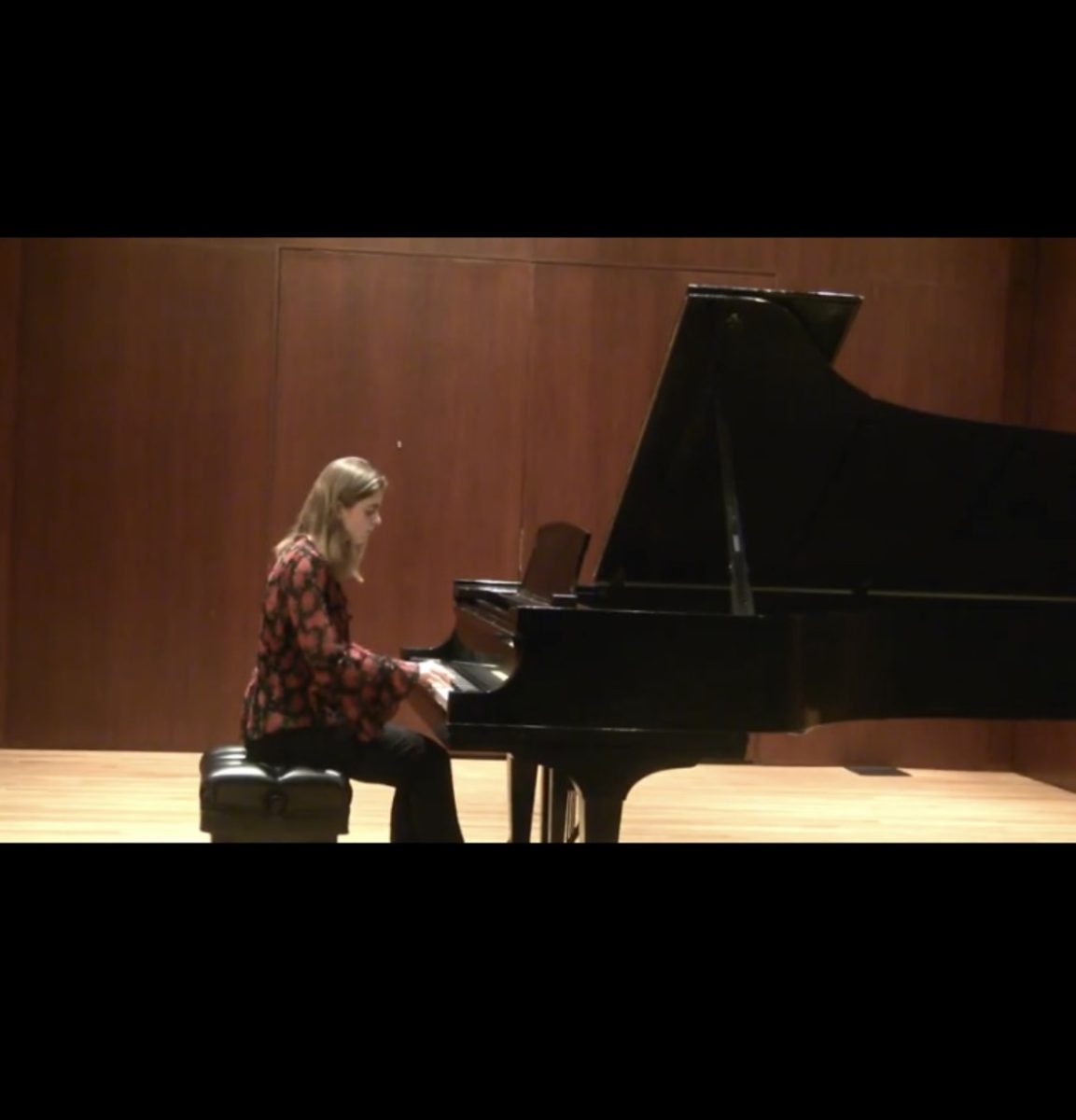From 2015-2019, individuals thirteen years or older spent an average of almost 30 hours
per week listening to music. What if a small portion of that time was used to listen to music for more than just enjoyment? Even without using music therapy, music has the power to heal us and regulate our emotions. This is an underutilized medium that can benefit individuals in many ways. An individual’s thinking and emotional processes can’t be regulated properly when the two hemispheres in the brain fail to work well together. However, when a person listens to music, both hemispheres of their brain are engaged as the music is processed.
Music engages more parts of the brain than almost any other activity. It is able to increase positive moods and heighten arousal by altering the levels of neurochemicals in the brain. This means music can accelerate healing and rehabilitation. Emotional regulation is a necessary skill for any individual to succeed in life. Every person has or likely will experience some type of trauma, which can lead to difficulty in controlling personal feelings and behaviors. Emotional regulation is correlated with higher academic achievement, lower levels of negative emotionality, higher levels of empathy, and higher levels of social competence. During my time as an undergraduate student, my primary major was piano. Whenever I felt especially stressed, I knew playing piano would help me feel better. While not every person has been trained to be a musician, some of the same effects can benefit them by simply listening to and engaging with music. The next time you’re feeling emotionally dysregulated, consider using music. Each genre has its time and place, but classical music can be especially advantageous for soothing and focusing attention. If using music for healing interests you, consider learning about music therapy, at
https://www.musictherapy.org/about/. If you’d like to find a music therapist in Wisconsin, visit https://www.musictherapywisconsin.org/find-a-therapist/.

